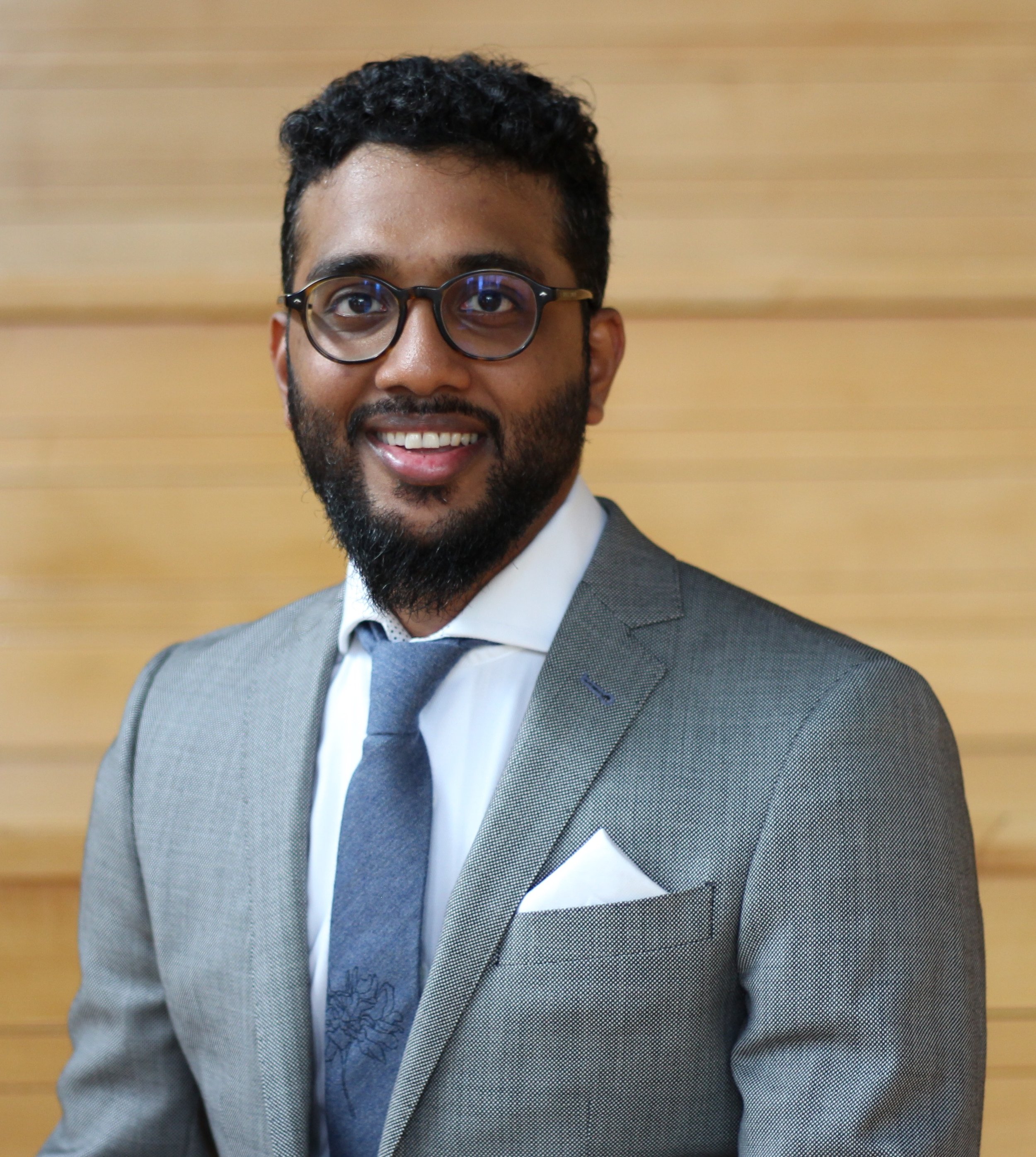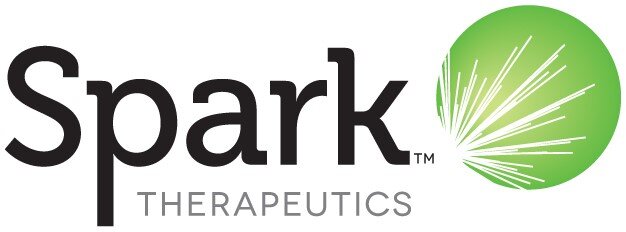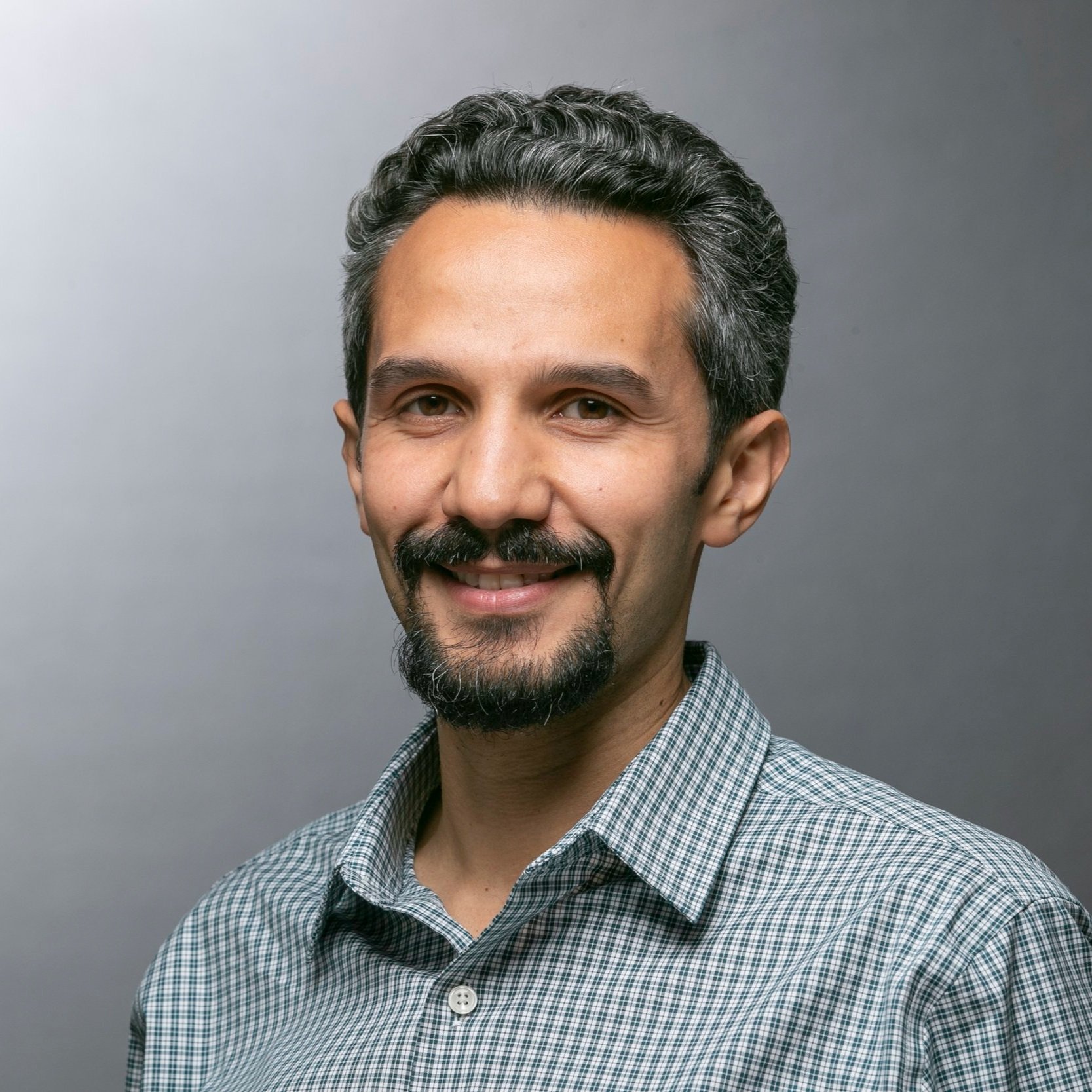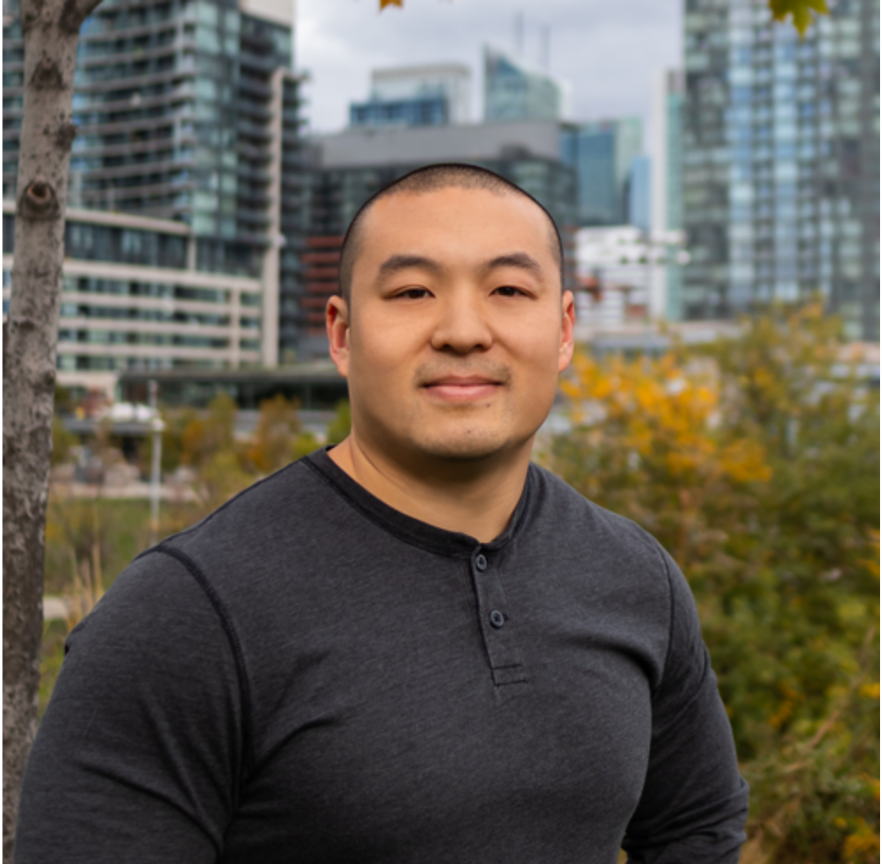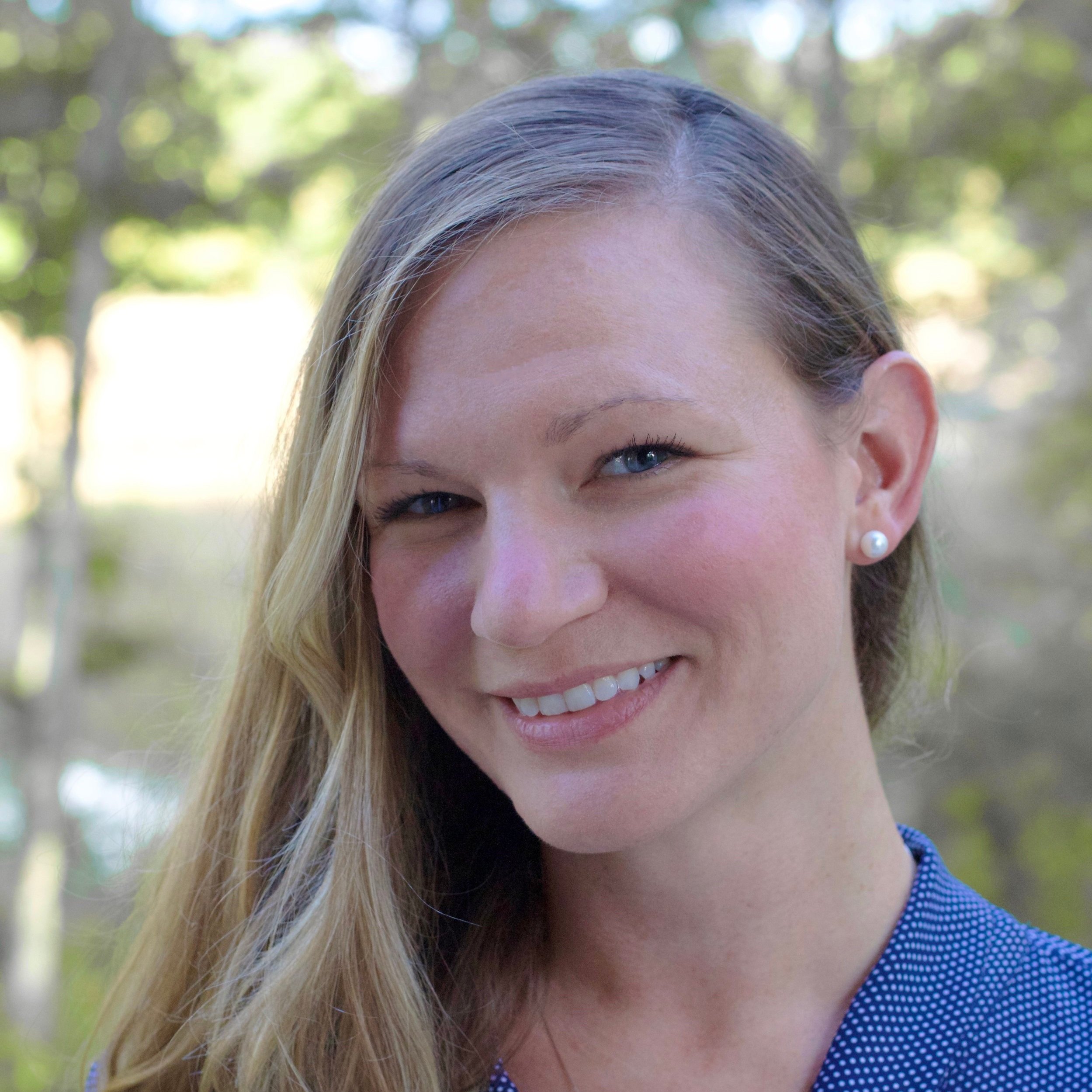Research Spotlight Webinar: Shedding Light on Huntington's Disease: Insights from Three Young Investigators
About the Speakers
Terence Gall-Duncan, PhD
The Hospital for Sick Children (SickKids), Toronto, Ontario, Canada
Dr. Terence Gall-Duncan is a postdoctoral fellow in Dr. Christopher Pearson’s lab at the Hospital for Sick Children in Toronto, Canada. He received his PhD in Molecular Genetics from the University of Toronto. Terence’s work focuses on understanding mechanisms of somatic repeat expansions, and on characterizing small-molecules which hijack these mechanisms to promote repeat contractions. By inducing contractions, Terence hopes these small molecules can shorten or correct the expansion mutation leading to improved motor and behavioral symptoms in HD mouse models.
Izabella Pena, PhD
Massachusetts Institute of Technology
University of Ottawa
Children’s Hospital of Eastern Ontario
Dr. Izabella Pena is a postdoctoral fellow in Myriam Heiman’s laboratory at MIT. She received a PhD from the University of Campinas (Unicamp), Brazil and is soon transitioning to her own laboratory at the Children’s Hospital of Eastern Ontario/University of Ottawa in Canada. Dr. Pena’s previous work described molecular mechanisms of various rare neuropediatric disorders, focusing on metabolic epilepsies. Her current work focuses on the investigation of mitochondrial vulnerabilities in the most affected neuronal type in Huntington’s disease, the Medium Spiny Neurons (MSNs). She developed a technique that allows isolation and biochemical profiling of mitochondria isolated uniquely from these cells and hopes the data generated from this study will pave the path for the understanding of metabolic alterations in HD and potential non-invasive interventions.
Srivathsa Magadi, PhD
Linköping University, Sweden
Dr. Srivathsa Magadi is a postdoctoral fellow in Walker Jackson's laboratory at Linköping University, Sweden. He received a Marie Curie fellowship and obtained Ph.D. in neuroscience from the University of Crete, Greece. His study described how neural stem cells deviate from being normal to a cancer state during brain development. His current research focuses on neurodegenerative diseases, including Huntington's disease. He is working to develop mouse models using CRISPR and several biochemical techniques, including next-generation sequencing to understand the disease and find possible treatments for HD.
Thank you to our webinar sponsors!

